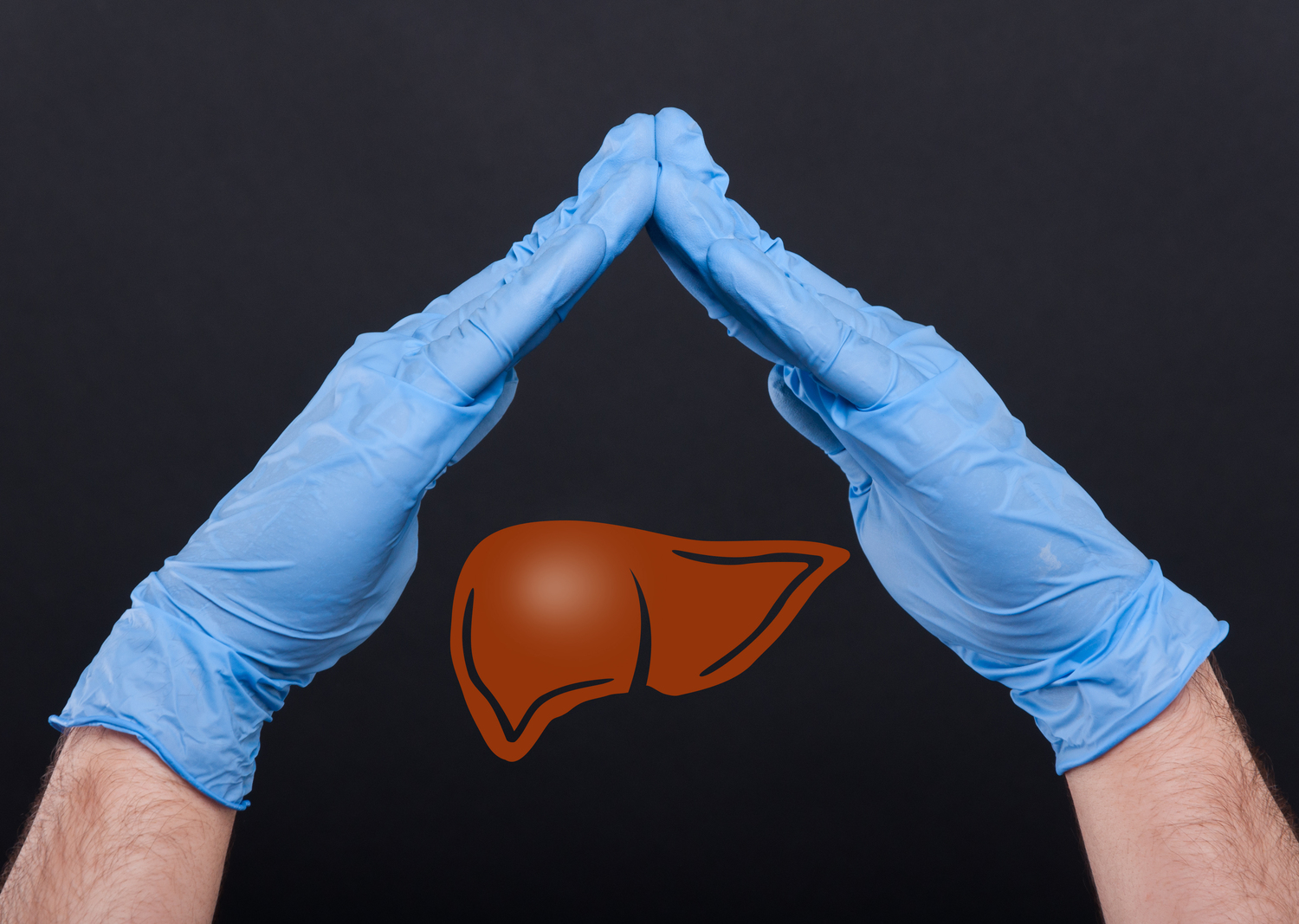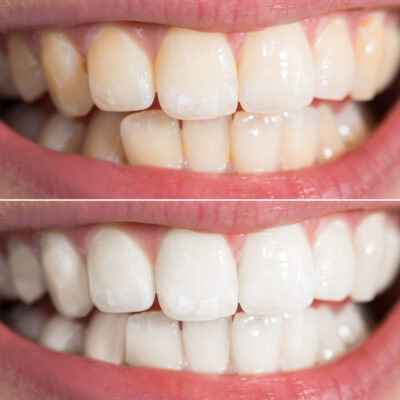
Side-Effects of Liver Cancer Treatments
Side-effects that patients may experience as a result of liver cancer treatments may vary from one person to another. If you suffer from liver cancer and are undergoing treatment for the condition, you will have to give enough time to your body to recover.
You are likely to experience discomfort and pain initially, and you must take medications for keeping this in check. However, it is important to consult your doctor when taking medications, because common pain relievers can cause more damage to your liver.
Some of the side-effects of liver cancer treatments include:
1. Surgical resection
When damage to the liver is less and the tumor is located in a small part of your liver, it can be surgically removed. This process is called surgical resection, and it allows your liver to regrow. So, even the removal of a big portion will not affect your health.
However, in many people, this resection is found to be unsafe because the organ’s regenerative power is impaired. Liver resection is a complicated procedure. It can lead to many complications, like infections, bleeding post-surgery, blood clots leading to DVT, bile leakage, liver failure, and jaundice.
2. Percutaneous ethanol injection
This process may have side-effects like pain and fever after the procedure.
3. Targeted radiotherapy
It is similar to chemoembolization using radioactive material. Here, a catheter gets inserted into the liver, and a substance is then injected. It is sealed in this area for destroying cancerous cells. Side-effects are minimal, but they usually include nausea and fatigue.
4. Cryosurgery
A small incision is required for this surgery, and this is why recovery is fast and far less painful. There are fewer side-effects for this procedure.
5. Hepatic Arterial Infusion
This process has fewer risks and side-effects compared to chemotherapy since drugs do not flow through the entire body. Side-effects include infections and issues with the pump device, so, it may need to be taken out.
6. Chemoembolization
It leads to side-effects in the form of abdominal pains, fever, and vomiting.
7. Radiation therapy
The side-effects depend on the dose and are usually vomiting, nausea, digestion problems, and diarrhea.
8. Microwave ablation
Here, complications are less, but there may be infections, bleeding, damage to surrounding organs, and minor burns.
9. Chemotherapy
Side-effects will depend on the kind of medicines used and dosage. They are usually are hair loss, nausea, vomiting, appetite loss, fatigue, mouth sores, and diarrhea.
10. Liver transplants
This procedure requires you to stay in an intensive care unit for recovery. You must stay for weeks in the hospital, and there will be a drain for reducing fluid in and around the surgery area. The surgeons monitor your condition closely, in case the body rejects the new liver. Next, you will be prescribed immunosuppressants to cut down the responses of your immune system. Since infections are a possibility, the doctors prescribe antibiotics.
11. Pain relievers
These pain relievers are essential for patients in advanced liver cancer treatments. Sometimes, very strong pain relievers like codeine and morphine have to be administered. The common side-effects of such drugs are constipation and nausea. So, doctors prescribe laxatives and anti-sickness tablets to combat these issues.
12. Clinical trials
For those who are in an advanced stage of liver cancer, clinical trials may be an option. These are however new, experimental methods of treatment which may or may not work.


